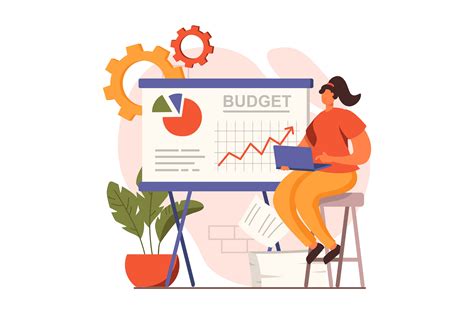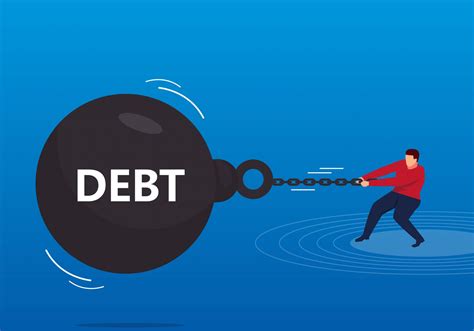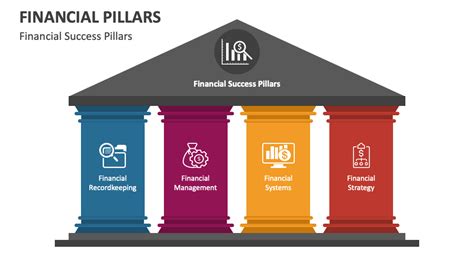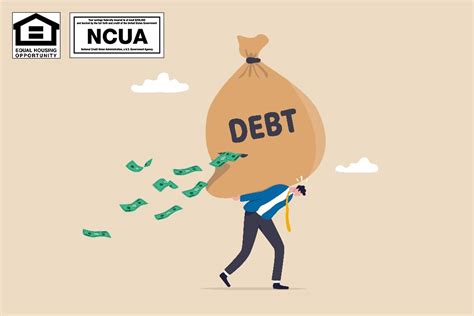For many men, tackling high-interest debt isn’t just a financial challenge; it’s a test of discipline, strategy, and resolve. Whether it’s credit card balances, personal loans, or other forms of expensive debt, the weight of interest payments can feel suffocating. This article will guide men through optimizing their budgeting to aggressively pay down high-interest debt, transforming financial stress into empowered control.
The Mindset Shift: Taking Ownership
The first and most crucial step is a fundamental shift in perspective. Instead of viewing debt as an insurmountable burden or something to ignore, embrace it as a solvable problem requiring a strategic attack. This involves acknowledging the full scope of your debt, understanding its impact, and committing wholeheartedly to its elimination. This isn’t about shame; it’s about empowerment and taking definitive action to reclaim your financial future. Financial responsibility is a cornerstone of personal strength.

Crafting Your Aggressive Budget
An aggressive debt payoff requires an equally aggressive budget. This isn’t just about tracking where your money goes; it’s about intentionally directing every dollar towards your goal.
Step 1: Know Your Numbers Cold
Before you can optimize, you must analyze. Compile a comprehensive list of all your debts, including the creditor, outstanding balance, interest rate, and minimum monthly payment. Simultaneously, track every dollar of income and every dollar of expenditure for at least a month. Use spreadsheets, budgeting apps, or even a simple notebook. Categorize your spending into fixed expenses (rent, utilities) and variable expenses (groceries, entertainment). This clarity is your foundation.
Step 2: The “Debt First” Mentality
Shift your financial priorities. After covering essential living expenses, your highest interest debt should become your primary financial obligation, above most discretionary spending. Every spare dollar you find should be earmarked for extra debt payments, not for impulse purchases or non-essential luxuries.
Step 3: Implement a Strict Budgeting Method
Consider methods like zero-based budgeting, where every dollar has a job (including debt repayment), or the envelope system for variable expenses, forcing you to stick to cash limits. The goal is to identify and reallocate funds that might otherwise be spent carelessly.

Step 4: Automate Your Attack
Set up automatic payments for at least the minimums to avoid late fees. Even better, automate extra payments to your target high-interest debt. This removes the temptation to spend the money elsewhere and ensures consistent progress.
Turbocharging Your Debt Repayment
Once your budget is locked in, it’s time to accelerate your payoff.
Debt Avalanche vs. Debt Snowball
For high-interest debt, the debt avalanche method is generally more financially efficient. List your debts from highest interest rate to lowest. Make minimum payments on all debts except the one with the highest interest rate. Throw every extra dollar you have at that highest-interest debt. Once it’s paid off, take the money you were paying on it (minimum + extra) and apply it to the next highest-interest debt. This saves you the most money in interest over time. While the debt snowball method (paying off smallest balance first for psychological wins) has its merits, the avalanche saves more when high interest rates are in play.

Income Boosting Strategies
- Side Hustles: Explore opportunities to earn extra income outside your primary job. This could be freelancing, ride-sharing, consulting, or selling items online. Every extra dollar earned goes directly to debt.
- Negotiate Your Salary: If applicable, review your current role and market value. A raise can significantly accelerate your debt payoff timeline.
- Sell Unused Assets: Declutter and sell items you no longer need or use, such as electronics, sports equipment, or furniture.

Aggressive Expense Reduction
Scrutinize every line item in your budget. Can you:
- Cut Subscriptions: Cancel streaming services, gym memberships, or apps you rarely use.
- Reduce Dining Out: Prepare more meals at home and pack lunches.
- Negotiate Bills: Call your internet, cable, or insurance providers to see if you can get a better rate.
- Find Cheaper Alternatives: Look for generic brands, carpool, or utilize public transport.
Staying Motivated and On Track
Paying down debt is a marathon, not a sprint. Maintain momentum by:
- Tracking Your Progress: Visually seeing your balances shrink can be incredibly motivating. Use charts, apps, or spreadsheets.
- Celebrating Milestones: Acknowledge when you pay off a debt or reach a significant reduction. Small rewards (non-financial) can help sustain your drive.
- Avoiding New Debt: During this period, be extremely vigilant about not incurring new high-interest debt. If emergencies arise, try to use an emergency fund or find low-interest alternatives.
- Seeking Support: Talk to a trusted partner, friend, or financial advisor who can offer encouragement and accountability.

Aggressively paying down high-interest debt is a powerful declaration of financial independence. By adopting a disciplined mindset, crafting a meticulous budget, and relentlessly pursuing every opportunity to reduce expenses and boost income, men can not only eliminate debt faster but also build a stronger, more secure financial foundation for the future.




